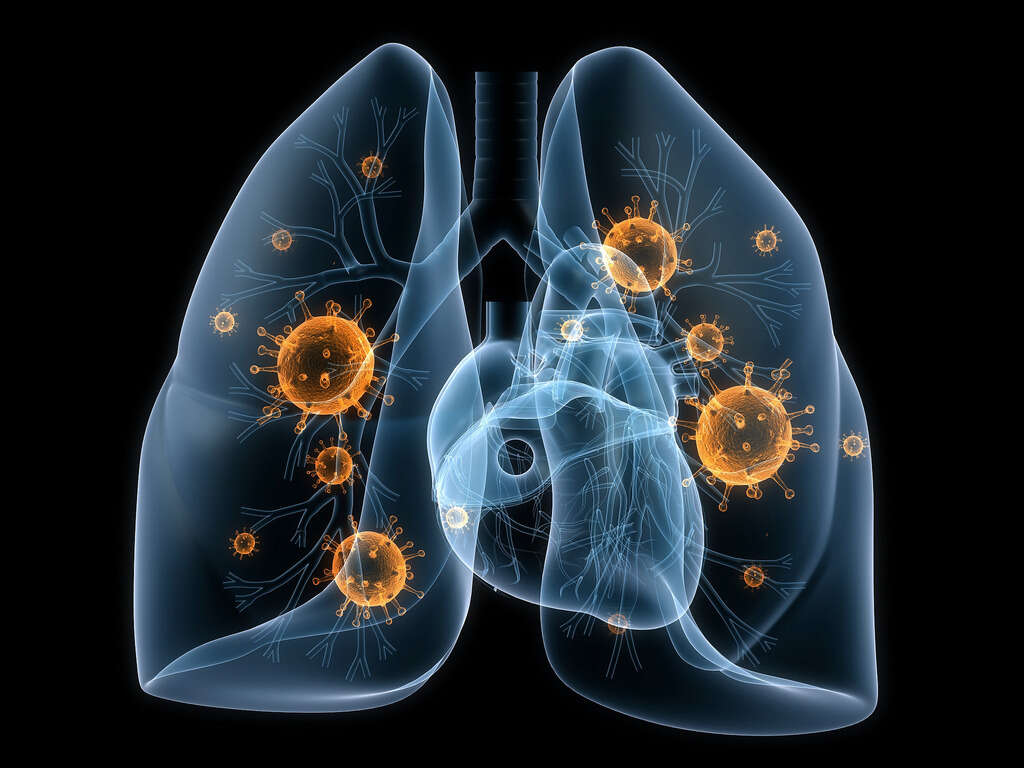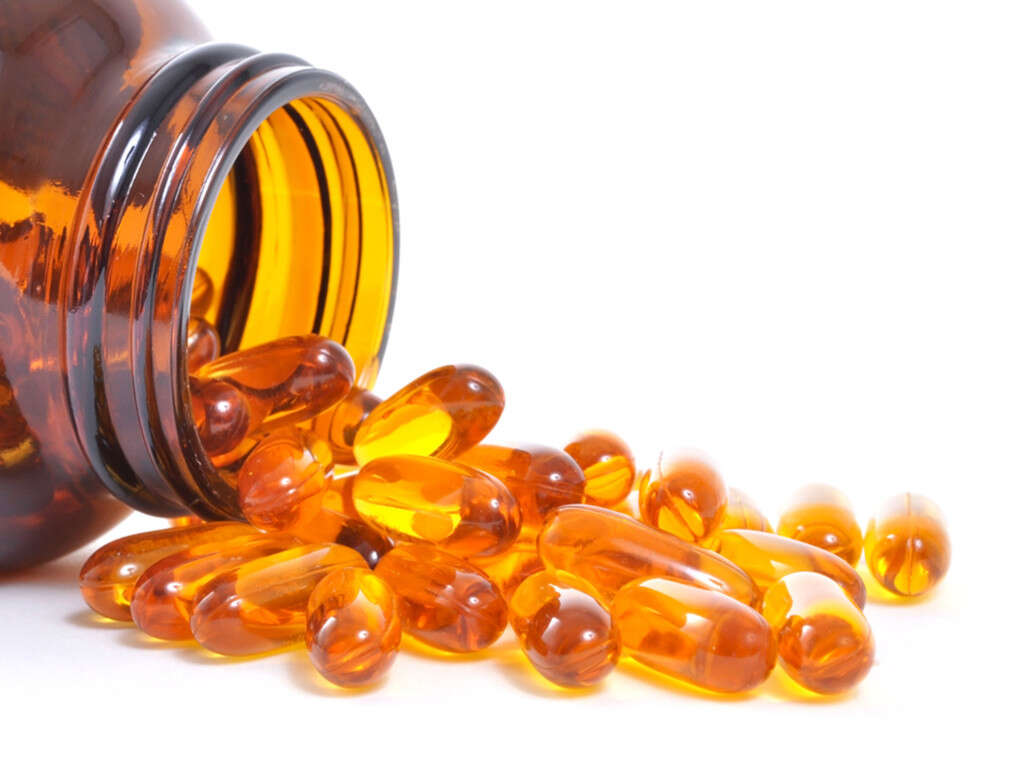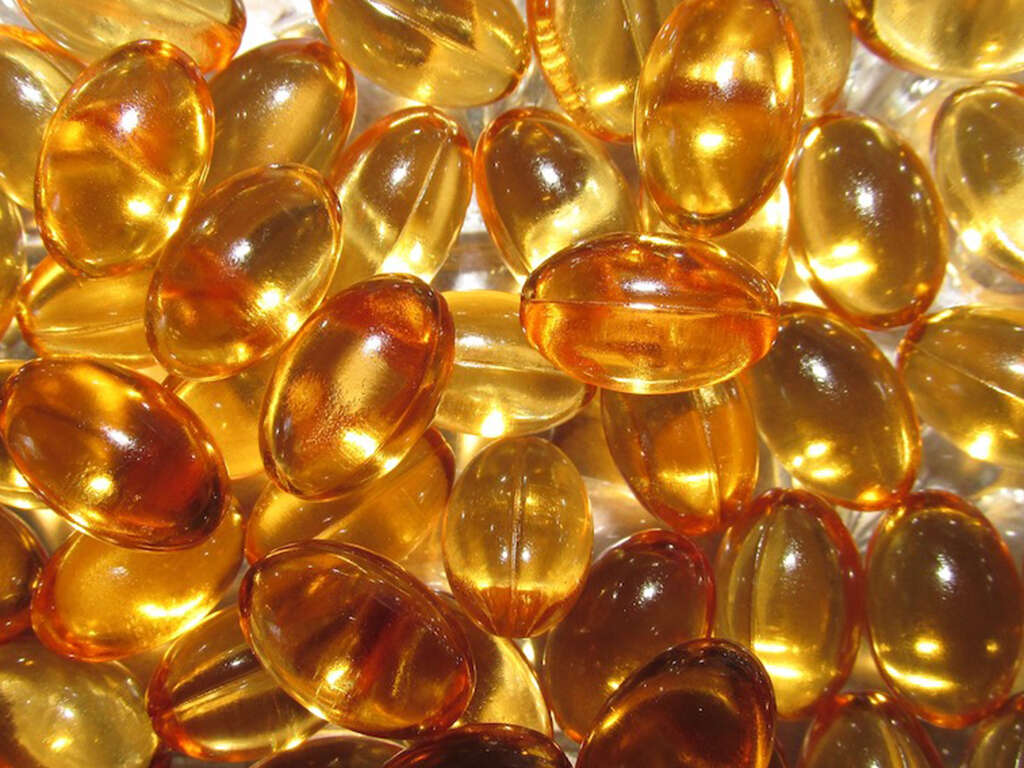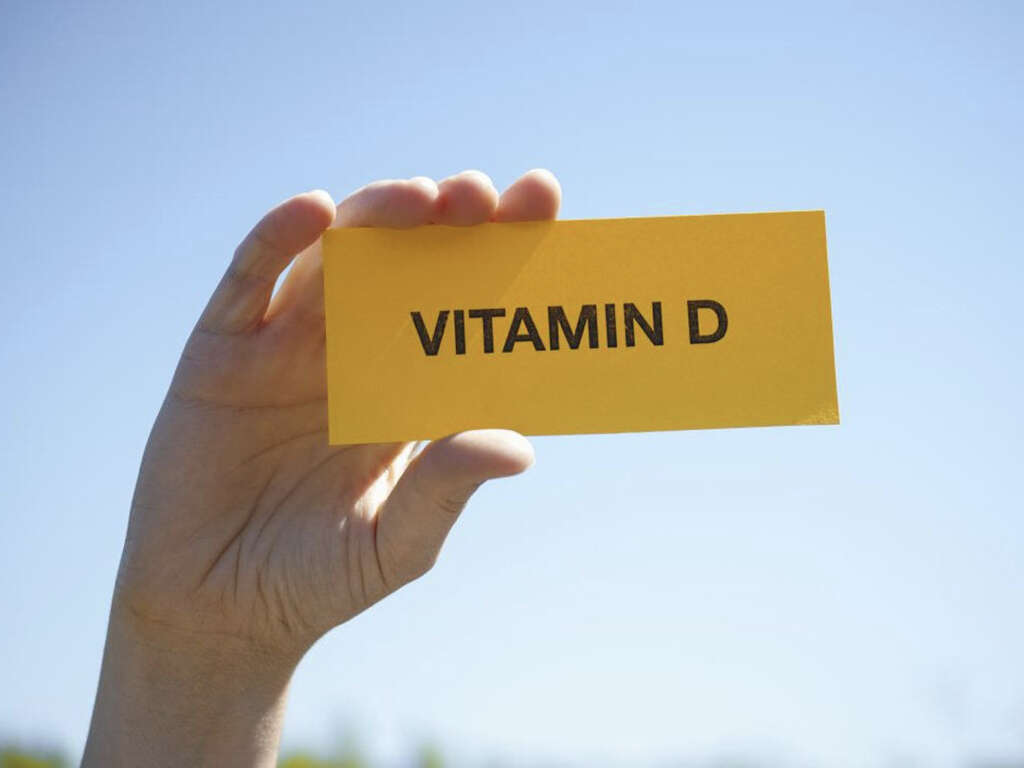10 Vitamin E Deficiency Symptoms
 Article Sources
Article Sources
- 1. H. Gerster. 'Function of Vitamin E in Physical Exercise: a Review.' Zeitschrift Fur Ernahrungswissenschaft, U.S. National Library of Medicine, pubmed.ncbi.nlm.nih.gov/1897277/
- 2. Russ. 'Eyes and Nutrition.' Optometrists.org, www.optometrists.org/general-practice-optometry/eyes-and-nutrition/.
- 3. 'Ataxia with Vitamin E Deficiency.' Genetic and Rare Diseases Information Center, U.S. Department of Health and Human Services, rarediseases.info.nih.gov/diseases/8595/ataxia-with-vitamin-e-deficiency.
- 4. Lewis, Erin Diane, et al. 'Regulatory Role of Vitamin E in the Immune System and Inflammation.' IUBMB Life, U.S. National Library of Medicine, Apr. 2019, www.ncbi.nlm.nih.gov/pmc/articles/PMC7011499/.
- 5. Staff, Nathan P, and Anthony J Windebank. 'Peripheral Neuropathy Due to Vitamin Deficiency, Toxins, and Medications.' Continuum (Minneapolis, Minn.), American Academy of Neurology, Oct. 2014, www.ncbi.nlm.nih.gov/pmc/articles/PMC4208100/.
- 6. Park, Kyungho. 'Role of Micronutrients in Skin Health and Function.' Biomolecules & Therapeutics, The Korean Society of Applied Pharmacology, May 2015, www.ncbi.nlm.nih.gov/pmc/articles/PMC4428712/.
- 7. Beoy, Lim Ai, et al. 'Effects of Tocotrienol Supplementation on Hair Growth in Human Volunteers.' Tropical Life Sciences Research, Penerbit Universiti Sains Malaysia, Dec. 2010, www.ncbi.nlm.nih.gov/pmc/articles/PMC3819075/.
- 8. 'Hemolytic Anemia.' Johns Hopkins Medicine, www.hopkinsmedicine.org/health/conditions-and-diseases/hemolytic-anemia
Vitamin E is one of the most powerful nutrients required for the human body to function. It has antioxidants qualities that help keep the immune system strong. Without sufficient amounts of this fat-soluble vitamin, individuals can become prone to infections and experience muscle weakness and a weakened immune system.
Because vitamin E is found in most food groups, a deficiency is generally quite rare. Deficiencies could be also from metabolism and fat malabsorption disorders. Vitamin E can reverse the damage done by complications from disease, but individuals should consult with a physician before increasing their intake.
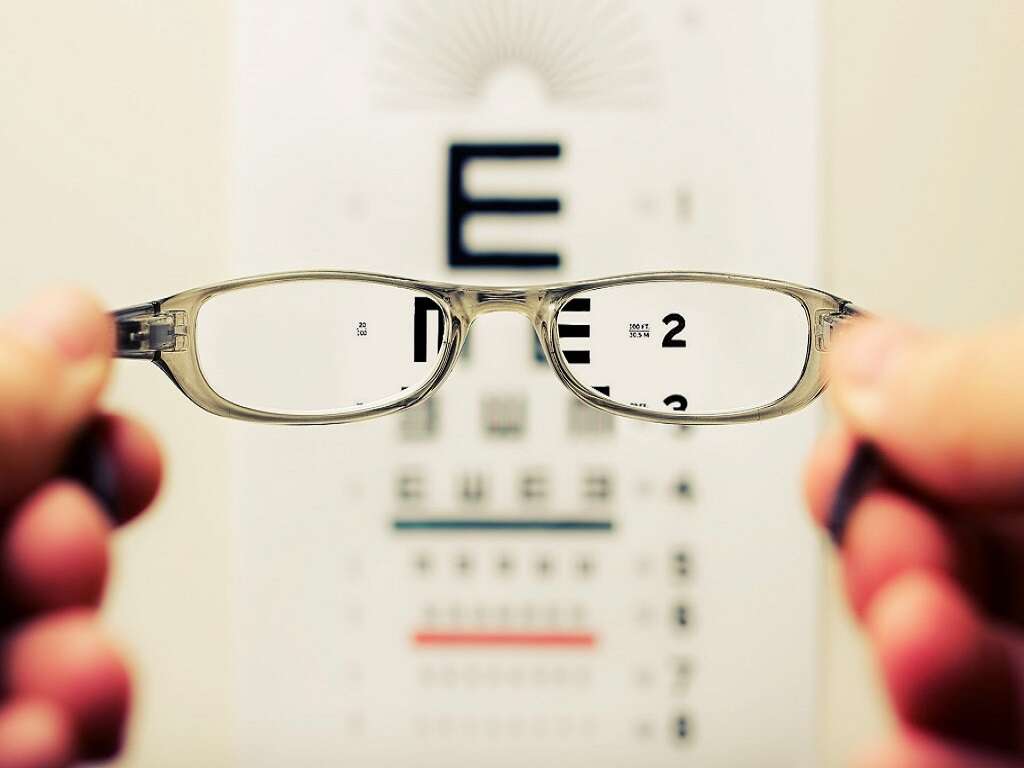
1. Muscle Weakness
Vitamin E is needed for the body to build muscle mass, repair cells and support skeletal muscle health. Muscles frequently undergo a natural tearing and repairing process, and if there's a deficiency, cell damage can occur.1H. Gerster. ‘Function of Vitamin E in Physical Exercise: a Review.’ Zeitschrift Fur Ernahrungswissenschaft, U.S. National Library of Medicine, pubmed.ncbi.nlm.nih.gov/1897277/
Vitamin E is also an important antioxidant and has a key role to play in preventing oxidative stress, another contributing factor to muscle weakness. Low levels of vitamin E, together with inactive muscles, can lead to muscle wastage and weakness. A diet rich in vitamin E could improve muscle longevity.

2. Vision Problems
The well-known antioxidant properties of vitamin E help to fight free radicals in the body. Free radicals are unstable molecules in the body that rob healthy cells of their disease-fighting properties.
These unstable molecules are responsible for a multitude of ocular problems and can destroy healthy eye tissue. The retina contains abundant fatty acids and vitamin E is a fat-soluble compound with the ability to protect eye tissue from aggressive free radicals.2Russ. ‘Eyes and Nutrition.’ Optometrists.org, www.optometrists.org/general-practice-optometry/eyes-and-nutrition/.
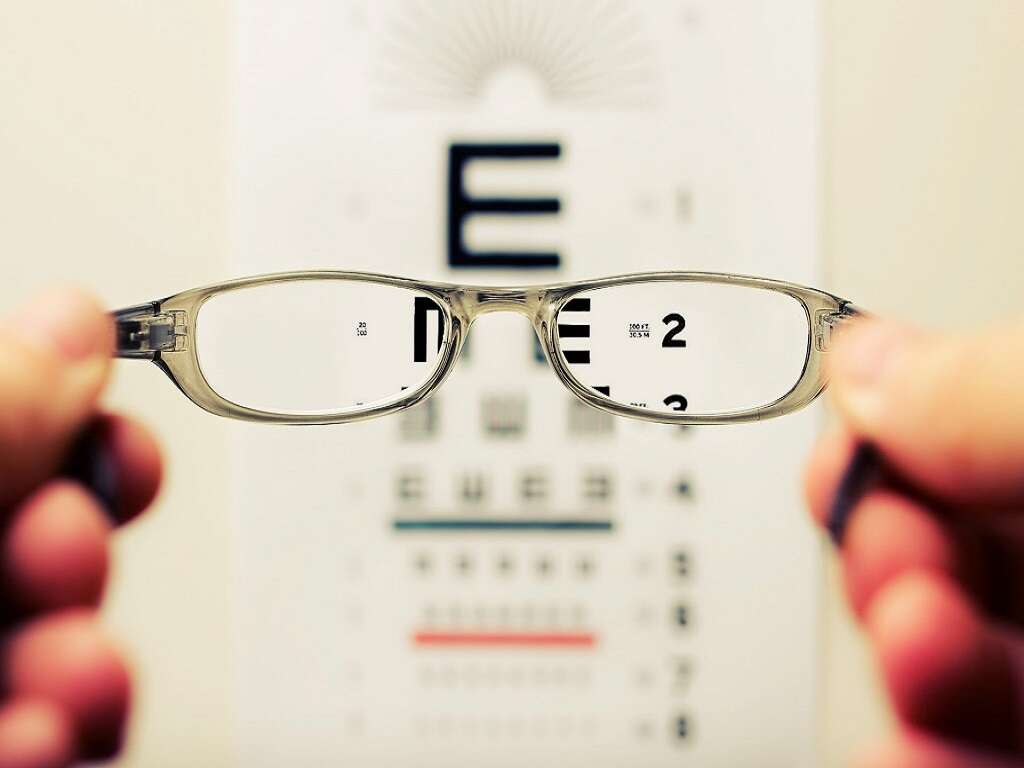
3. Unsteady Coordination
There is a rare fat absorption disorder called ataxia with vitamin E deficiency that tends to exhibit between the ages of 5 and 15.3‘Ataxia with Vitamin E Deficiency.’ Genetic and Rare Diseases Information Center, U.S. Department of Health and Human Services, rarediseases.info.nih.gov/diseases/8595/ataxia-with-vitamin-e-deficiency. Signs include serious issues with voluntary movement, balance, coordination and other disorders.
This requires a proper diagnosis and lifelong management. Ataxia cannot be cured through diet alone. For most people, feeling dizzy and off-balance could indicate a marginal deficiency of vitamin E. These mild symptoms can be reversed through diet or supplements if recommended by a physician.

4. Weak Immune System
A shortage of vitamin E can prevent the immune system from functioning effectively. A weakened immune system means little reserves to fight off disease and infection. With its powerful antioxidant properties, vitamin E plays a role in enhancing the function of the immune system.
The antioxidants from vitamin E support the immune system's fight against the imbalance of free radicals and oxidants that cause oxidative stress. When the body is under oxidative stress, it may increase the risk of cancer, diabetes and inflammatory conditions.4Lewis, Erin Diane, et al. ‘Regulatory Role of Vitamin E in the Immune System and Inflammation.’ IUBMB Life, U.S. National Library of Medicine, Apr. 2019, www.ncbi.nlm.nih.gov/pmc/articles/PMC7011499/.
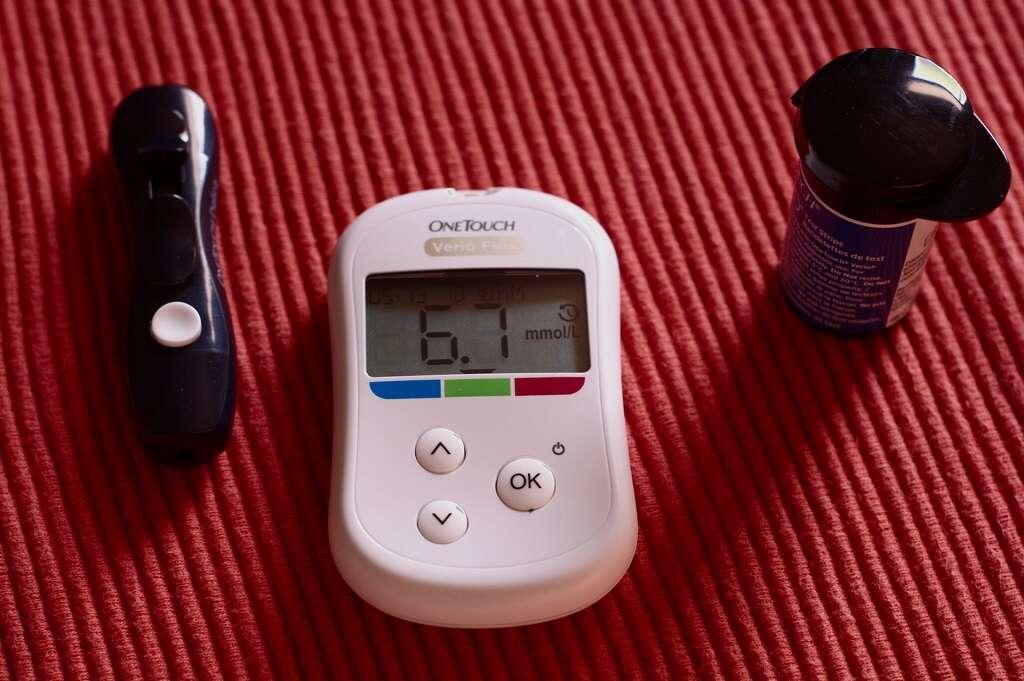
5. Numbness and Tingling
It's quite rare to have a vitamin E deficiency, but those who do often experience issues with their nervous system. For healthy nerve function, the human body requires a balance of essential vitamins, one of which is vitamin E.
Individuals who experience bouts of numbness, tingling and pins and needles could have so-called peripheral neuropathy from insufficient vitamin E.5Staff, Nathan P, and Anthony J Windebank. ‘Peripheral Neuropathy Due to Vitamin Deficiency, Toxins, and Medications.’ Continuum (Minneapolis, Minn.), American Academy of Neurology, Oct. 2014, www.ncbi.nlm.nih.gov/pmc/articles/PMC4208100/. Muscle and nerve damage is a very common complaint from those with a deficiency.

6. Dry Skin
Vitamin E is commonly found in skincare products. It promotes cell regeneration and is a powerful antioxidant well-known for its ability to assist with skin health. Vitamin E acts as a lipid barrier on the skin and plays a role in reducing UV damage.6Park, Kyungho. ‘Role of Micronutrients in Skin Health and Function.’ Biomolecules & Therapeutics, The Korean Society of Applied Pharmacology, May 2015, www.ncbi.nlm.nih.gov/pmc/articles/PMC4428712/.
Dry skin problems could be caused by vitamin E deficiency. For skin issues, a topical cream rich in vitamin E can replenish dry skin. A dermatologist should address skin allergies and underlying chronic skin disorders.
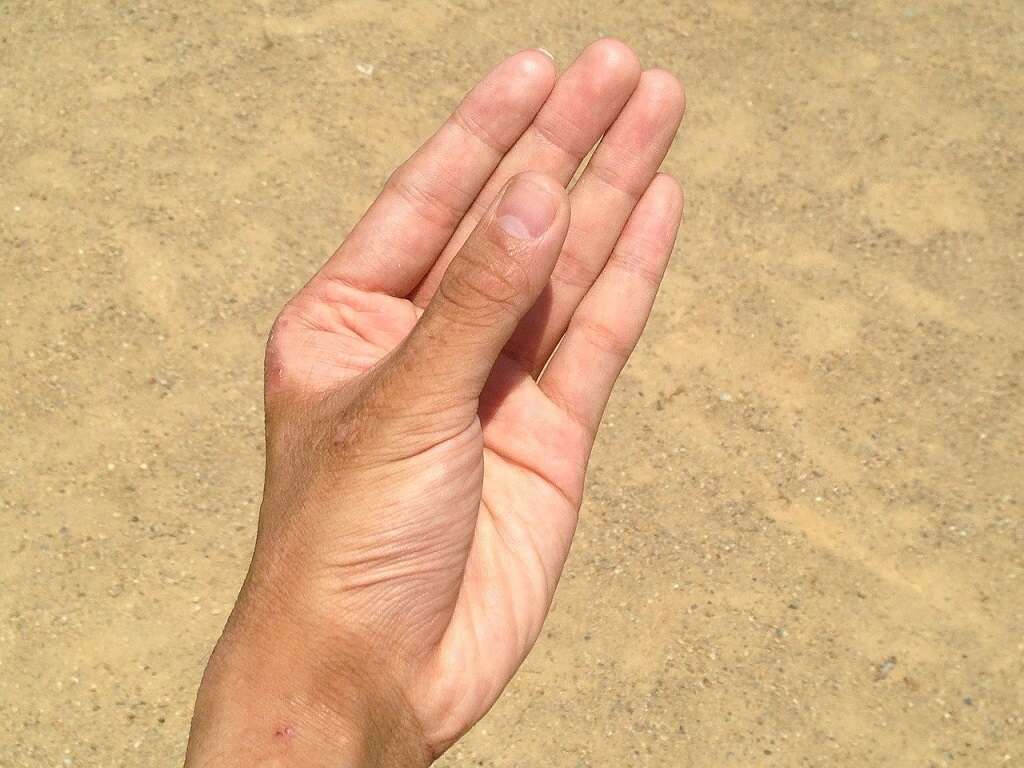
7. Hair Loss
Recent studies show that increasing vitamin E intake could improve hair growth. People who suffer from hair loss reportedly have low antioxidant levels in the scalp region.7Beoy, Lim Ai, et al. ‘Effects of Tocotrienol Supplementation on Hair Growth in Human Volunteers.’ Tropical Life Sciences Research, Penerbit Universiti Sains Malaysia, Dec. 2010, www.ncbi.nlm.nih.gov/pmc/articles/PMC3819075/.
Hair loss is linked to oxidative stress. While vitamin E is not solely responsible for hair loss, its antioxidant properties can support hair growth and healthy scalp functioning. Individuals suffering from hair thinning should consider upping their intake of vitamin E but should consult a physician for the correct dosage.

8. Hemolytic Anemia
The body constantly replenishes its red blood cells over time. When the cells are destroyed too fast and there's no time to replace them, it causes hemolytic anemia.8‘Hemolytic Anemia.’ Johns Hopkins Medicine, www.hopkinsmedicine.org/health/conditions-and-diseases/hemolytic-anemia This rare form of anemia occurs in some premature infants. A few symptoms include dizziness, enlarged spleen and weakness.
Vitamin E helps protect the membranes of the cells from oxidative stress, so supplementing the diet with large doses could correct mild forms of hemolytic anemia. More severe forms of the disease require proper lifelong treatment.

9. Menstrual Cramps
Severe pain from menstrual cramps is called dysmenorrhea, and it's quite a common ailment. Prostaglandin E2 is believed to be responsible for painful period cramps, as it causes inflammatory responses. A deficiency in vitamin E can increase E2 levels.
A daily supplement with a safe dosage of vitamin E may ease menstrual cramp pain and reduce blood loss. Alternatively, individuals who have regular cycles can take up to 268 milligrams of vitamin E for a week prior to menstruation.

10. Cold Sores
Cold sores are caused by the herpes simplex virus that remains dormant within the system. Cold sore outbreaks can occur at any stage but outbreaks are normally triggered by a weak immune system, stress and change in weather patterns.
A lack of vitamin E can put the body into oxidative stress which weakens the immune system and creates a breeding ground for an eruption. A high dose of vitamin E and topical cream can reduce the effects of the herpes virus.




